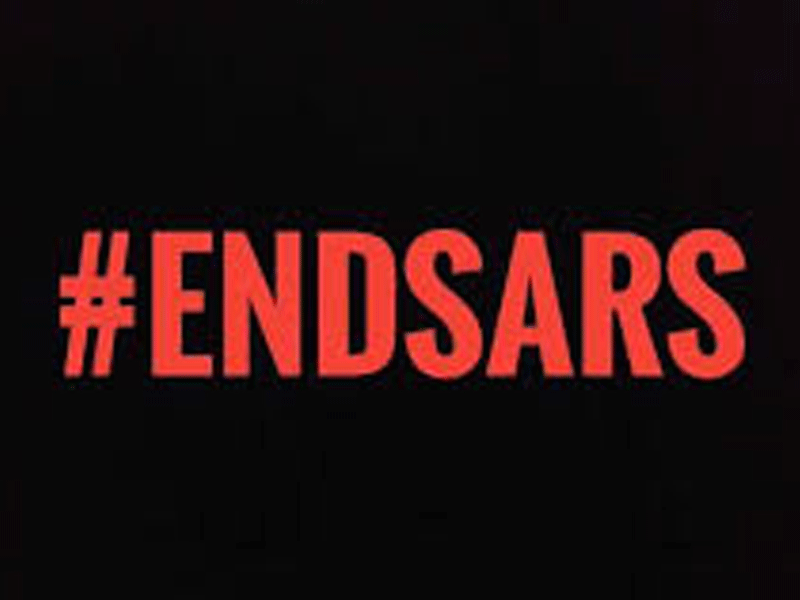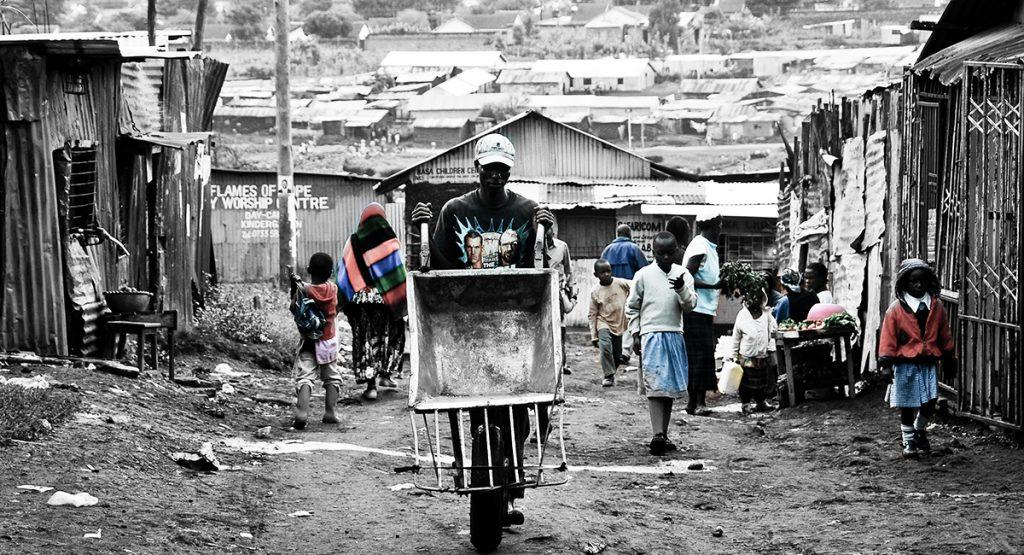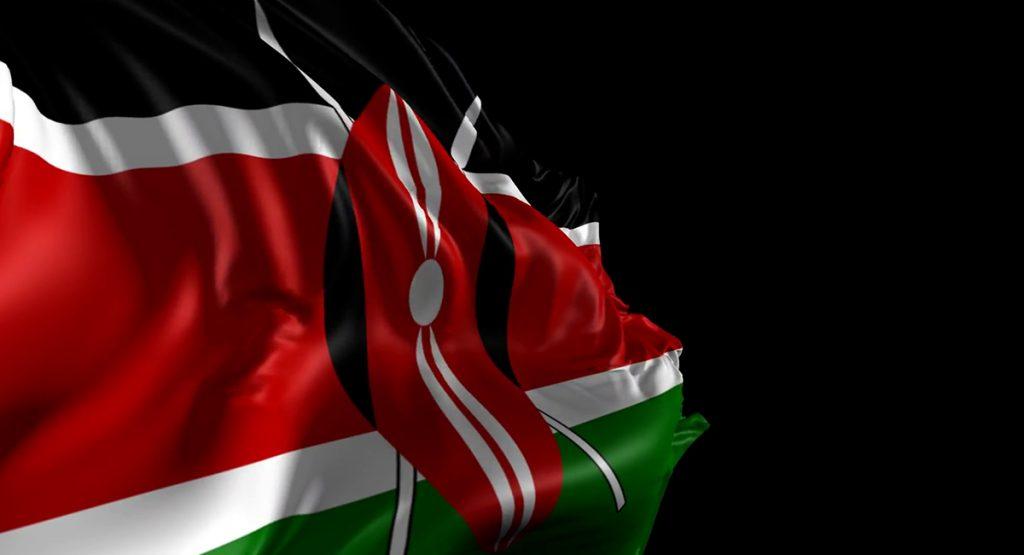WHAT IS SARS?
SARS is an acronym for the Special Anti-Robbery Squad formed in 1992 to combat armed robbery and other serious crimes.
WHY #ENDSARS?
#ENDSARS was created in 2017 by Nigerian human rights defenders and activists. This was in response to the brutality and torture perpetrated against innocent Nigerian citizens. It gained even more traction in early October 2020 when a video surfaced online of a man being shot allegedly by members of SARS. The situation careened on October 20th. It is reported that CCTV cameras and lighting were deliberately disabled prior to the shooting of protestors. Amnesty International confirmed that the Nigerian army and police killed at least 12 peaceful protestors.
#ENDSARS has continued receiving global attention with citizens from all walks of life asking the Nigerian government to put an end to the violence.

COLONIAL UNDERPINNING
Reports of the use of excessive force, extrajudicial killings, and other forms of human rights violations by the police are not new. Despite enormous strides in democratization, there remains an uneasy relationship between law enforcement and citizens in many parts of the world. The unjustified use of excessive force on Wycliff Cox and the gruesome killing of Breonna Taylor are stark reminders of its pervasiveness. Not even the most advanced democracies in the world are inoculated.
Africa faces an inevitably uphill task in arresting police brutality. The obsession with excessive force by law enforcement was inherited from the colonialists. The brutal force was the glue that held the colonial state together. Land, taxes, resources, and even loyalty, were all taken by sheer force. Native Africans were either beaten to submission or death. Post-independent elites, despite their erstwhile promises of reform, merely inherited the colonial infrastructure. State-sanctioned violence (via the military or the police), has remained a constant weapon in governments’ arsenal.
WHY YOU SHOULD CARE
The life-force of police brutality is the unholy trinity of power, corruption, and control. This nexus is designed strategically to scare citizens into fear and disillusionment. It works to shield the powers-that-be from accountability. Which ipso facto defeats the very purpose of elections.
Dr. Martin Luther King Jr. writing from his Birmingham jail aptly said:
“Injustice anywhere is a threat to justice everywhere. We are caught up in an inescapable network of mutuality, tied in a single garment of destiny. Whatever affects one directly, affects all indirectly.”
The #BlackLivesMatter, #MeToo, #Iamwillie and #EndSARS are testament to this. Technology has made it possible for us to connect with each other’s pain and suffering. The global coalescing behind these campaigns has revealed that we all aspire for the same things – dignity, respect and love. The outpouring of support from people continents away shows that we understand what’s important. That there’s more that unites us than divides us. That our common humanity is far greater than our differences.
Moreover, the youth are leading these protests world-over. It corroborates what we have known all along. The youth remain the joker in the pack. They collectively hold more power to catalyze change than any other force on earth.
WHAT NOW?
A lesson from Kofi Annan’s memoirs, Interventions.
“What is needed are, on the one hand, a set of governing institutions and rules, which have to be built up over time, that protect the results of elections and so the rights of people; and, on the other hand, responsible and accountable leadership that serves the people.”
Written by Billy Osogo – BA Political Studies. Researcher on Governance, Elections and Human rights. | Facebook: Billy Osogo



